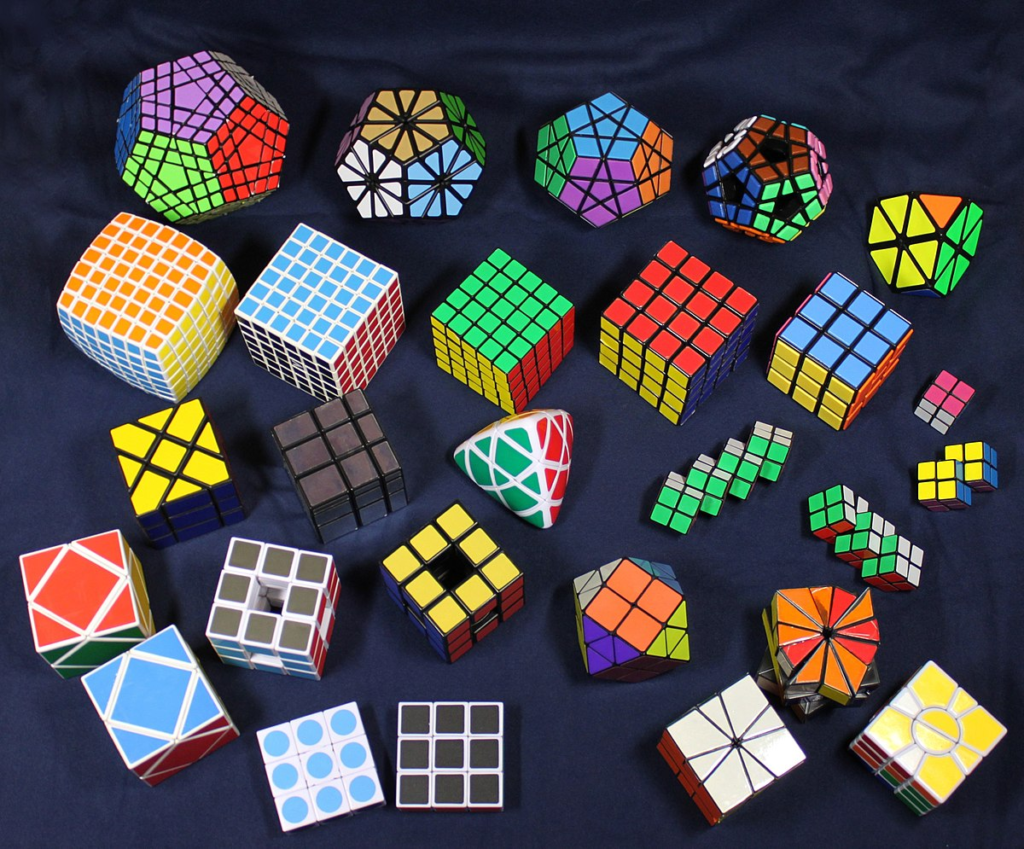
Brain games for children are essential during brain development. Such games offer fun, learning, and engagement at once. Read on to find out more.
Brain games for children are a great way of promoting engagement. These games challenge the children’s existing knowledge of specific subjects. A child’s brain develops rapidly from birth up to 8 years of age, making such games important during this period.
These games include game boards, word puzzles, and memory games. They improve a child’s motor skills, memory, verbal recall, and pattern recognition. Learn more about these games below.
Jigsaw Puzzle Brain Games

Jigsaw puzzles are famous for being both complex and enjoyable. They improve motor skills, pattern detection, image recognition, and problem-solving skills. Also, when children take time to solve these puzzles, they develop delayed gratification, an important life skill.
Similar to workouts, Jigsaw puzzles stimulate both sides of the brain, improving short-term memory and combating cognitive decline. The improved motor skills aid children in better writing, drawing, and playing instruments. Such benefits are enough to encourage children to participate in solving jigsaw puzzles.
Rubik’ Cube

A Rubik’s cube is one of the best brain teasers out there. Solving one side of the cube requires practice and dedication while providing a sense of satisfaction too. It is said that only 5.8% of the world’s population can solve all sides of the cube.
Solving a Rubik’s cube improves children’s problem-solving skills, boosting their cognition, and improve on their brain-hand-eye coordination. When these areas are stimulated, children have a higher chance of performing better at solving mathematical problems. Partnering this with the best foods for optimal brain performance, children will be at the top of their league.
Solving a Rubik’s cube also improves memory and helps children figure out their ways of solving rather than relying on other techniques. This helps them solve math problems without following formulas, enhancing their problem-solving skills.
Scrabble

Scrabble is a brain game that involves forming words based on the letters provided. The game is an excellent hobby that involves learning and fun. Scrabble enhances children’s vocabulary by creating new words and improving their memory.
Scrabble also enriches interaction among individuals since it is more enjoyable when played between two or more people. For children, the game boosts their spelling ability which does help in their school work.
The game also enhances creativity and memory and enriches focus which may help children with ADHD. Consistently playing Scrabble will ensure a positive impact on a child’s well-being.
Spot The Difference Brain Games

Spot the difference Brain games are popular among children and adults. They challenge the brain to spot any differences between two images that look similar on the surface. The game offers a way of passing time and improving the brain through fun.
In children, spotting the difference improves their short-term memory by activating the frontal and parietal lobes. These are areas of the brain associated with memory. The game also enhances focus and is a great way to fight off boredom.
The Takeaway
Brain games aim to improve the brain’s power and performance. They activate different regions of the brain that help in daily activities. Exposing games such as Scrabble, Rubik’s Cube, and Jigsaw puzzles to children proves beneficial with time. They help boost their memory and performance at school.
FAQ
How often should children play brain games?
Regularly playing brain games with children is recommended to further help in their brain development. Such development improves their overall brain health.
Are brain games essential in child development?
Brain games are essential in a child’s developing brain since they challenge the brain to boost its power and focus.
At what age should children be exposed to brain games?
A child’s brain rapidly develops from birth up to age 8. This period is the best to expose them to brain games to build a resilient, fully-functioning brain.
